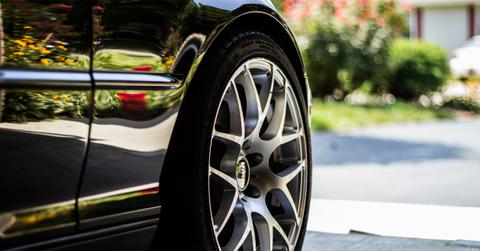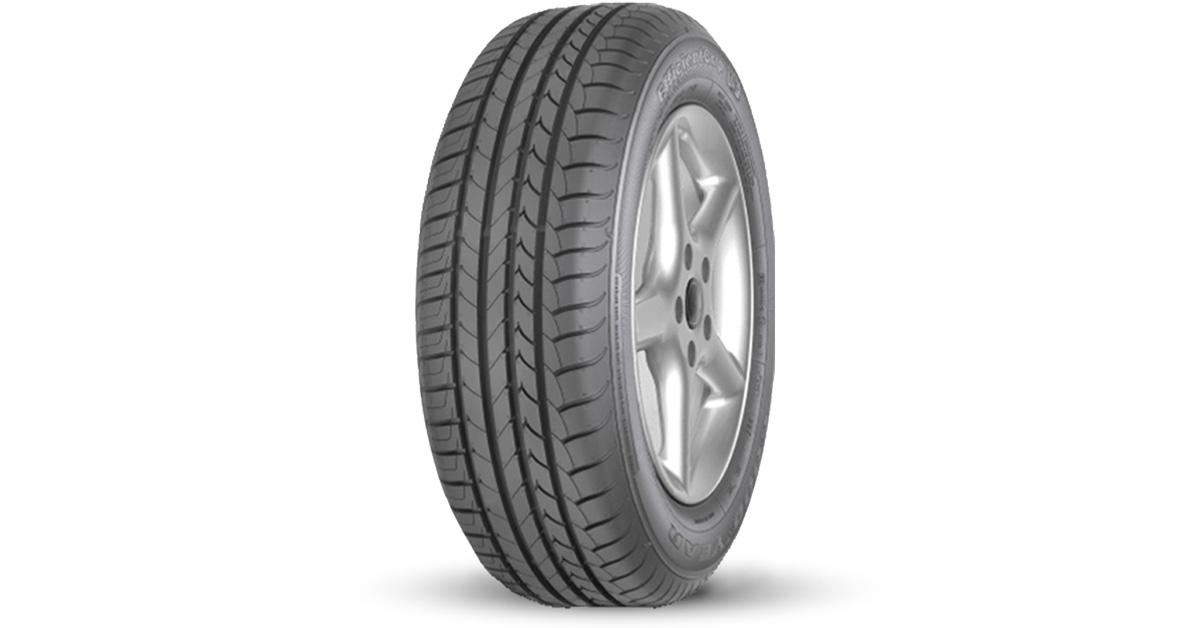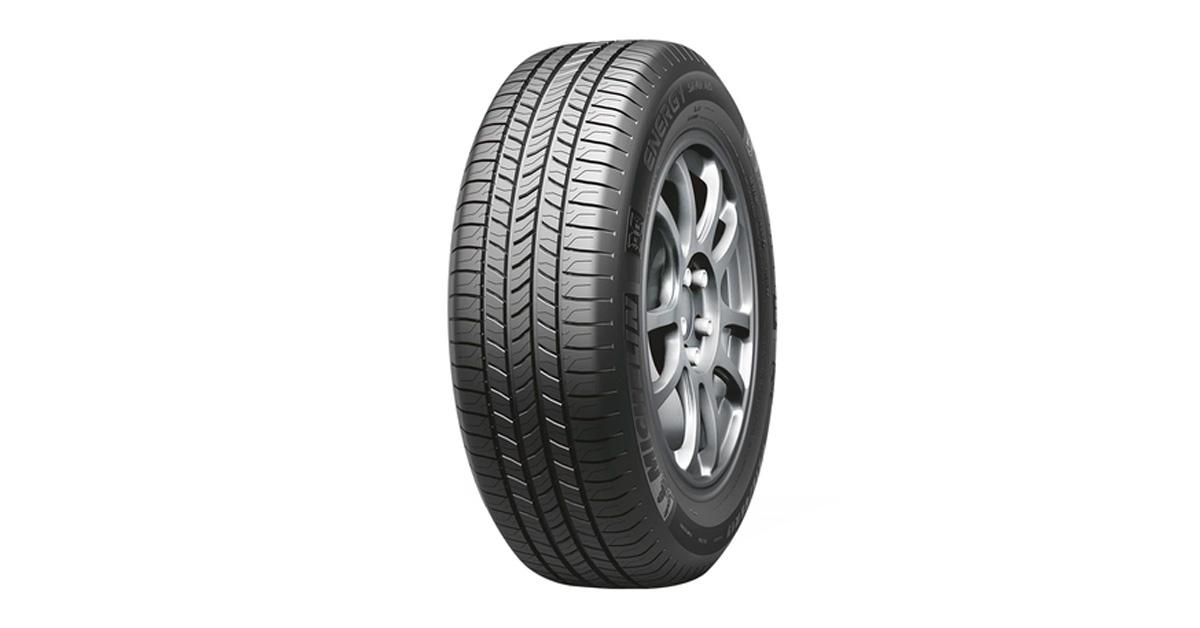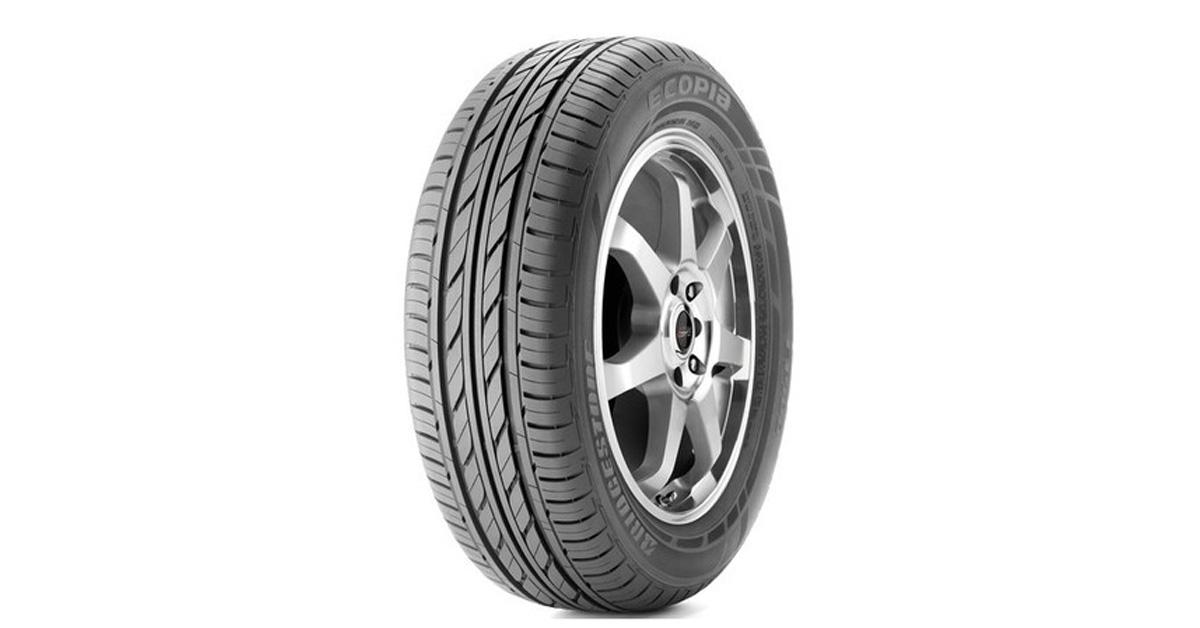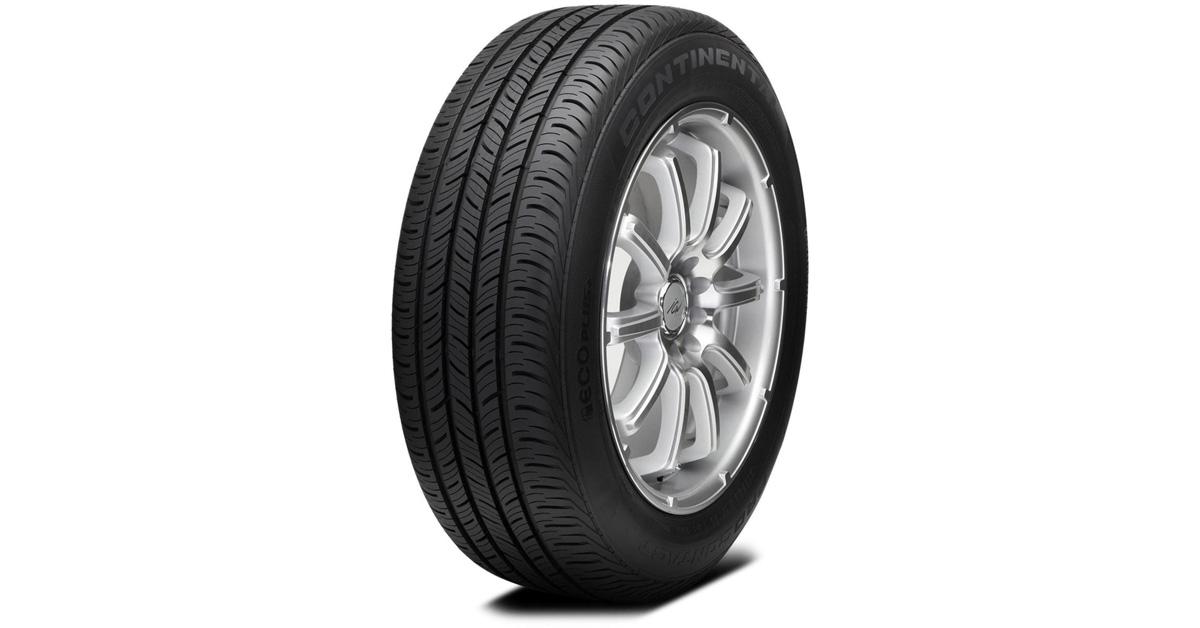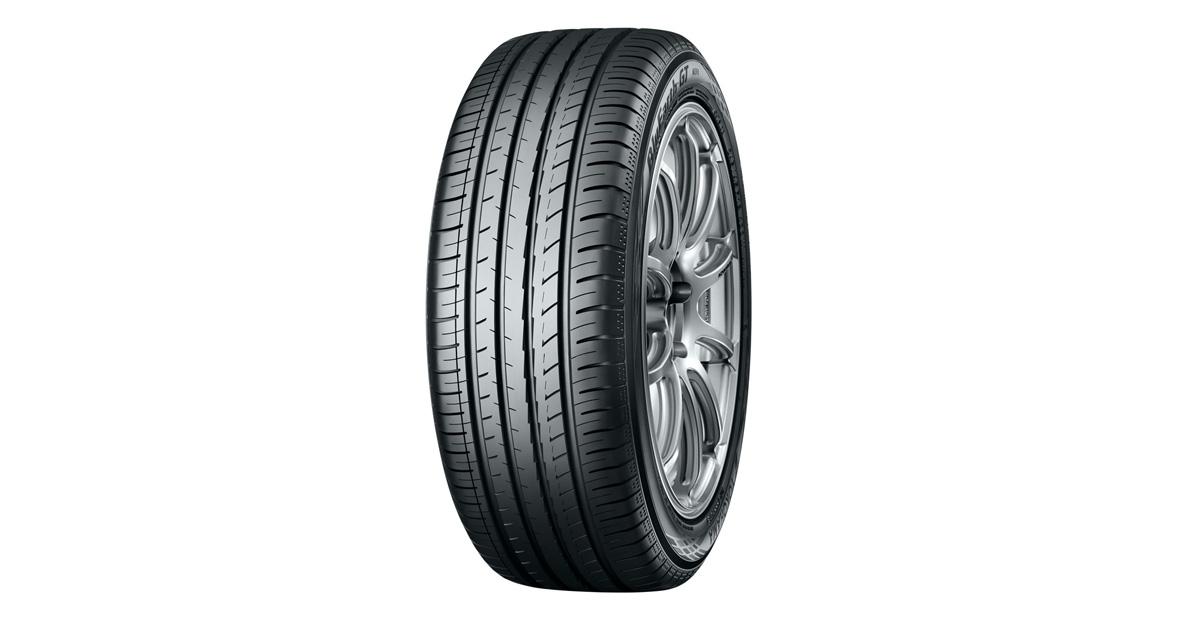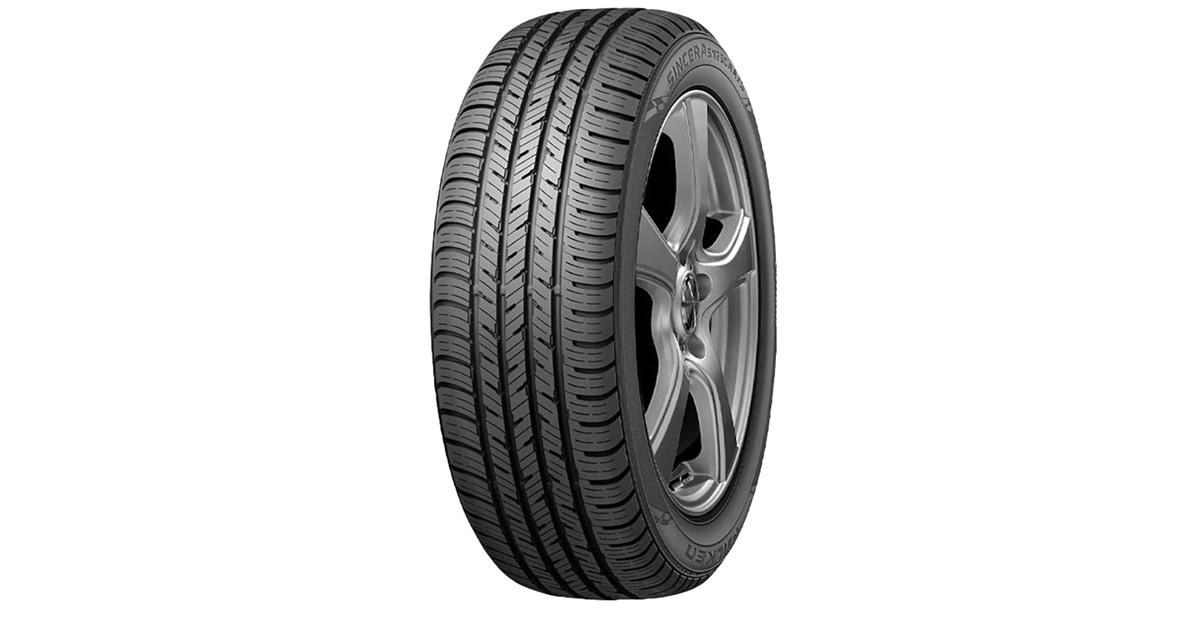The Best Tire Brands to Help Reduce Your Environmental Impact on the Open Road
Big and small brands have rolled out sustainable, high-performance tires that improve fuel efficiency and reduce carbon emissions via conscious design.
Published Sept. 4 2024, 12:38 p.m. ET
Transparency Matters: If you click on any links on this page, Green Matters may earn a commission (at no additional cost to you). Each item is hand-selected by editors with the planet — and people – in mind. All prices listed are accurate as of the time of publishing. Learn more about our affiliate policy.
In recent years, tire companies have been taking some much-needed turns toward sustainability in order to meet the growing demand for eco-friendly products among car owners. Some of the best tire brands — big boys like Michelin and Goodyear — have been rolling out eco-friendly product lines designed to deliver high performance and efficiency while minimizing environmental impact. These tires can help improve fuel efficiency (meaning you have to fill up your tank less frequently) and reduce CO2 emissions — and some even incorporate renewable and recycled materials.
But it's not just the household names breaking ground. Foreign tire brands like Falken and Yokohama are making equally wonderful wheels, and a lot of companies are investing in innovative technologies and recycling programs to further their sustainability goals beyond the consumer experience.
We gathered the six best tire brands that are contributing to a healthier planet — plus, our favorite tires in terms of performance, efficiency, and environmental impact. Some even take advantage of unexpected materials like dandelion rubber, soybean oil, and recycled rubber. Buckle up!
Goodyear - EfficientGrip line
Goodyear has gone the extra mile by developing a durable tire made from soybean oil and rice husk ash, creatively sustainable alternatives to traditional tire materials. Their EfficientGrip line focuses on enhancing fuel efficiency and reducing environmental footprints.
Eco-friendly features:
- Lower rolling resistance: This means less energy is required to move the vehicle, resulting in improved fuel efficiency and reduced fuel consumption.
- Lightweight construction: Lighter tires require less energy to rotate, further contributing to fuel savings and lower carbon emissions.
- Aerodynamic design: The tread pattern and sidewall design of EfficientGrip tires are optimized to reduce air drag while driving, which improves vehicle efficiency and decreases fuel consumption.
- Advanced Rubber Compounds
- Longer Tire Life
Performance features:
- Ultra wet traction: Wide grooves help move out water from beneath the tread for improved traction.
- Run on flat technology: This lets you drive up to 50 miles on a deflated tire.
Michelin - Energy Saver/Green X line
Michelin offers the sustainable Energy Saver series. This series focuses on using sustainable materials and innovative designs to increase tire longevity, reducing waste.
Eco-friendly features:
- Eco-friendly tread compound: A silica-based tread compound reduces heat build-up and rolling resistance. This compound also improves the tire’s grip on wet roads, enhancing safety without compromising fuel economy.
- Lightweight design: Lighter tires reduce the effort needed for the vehicle to move, improving fuel efficiency and reducing CO2 emissions.
- Optimized tread pattern: The tread pattern is designed to reduce friction between the tire and the road, which lowers rolling resistance.
- Durable Construction
Performance features:
- Comfort control technology: This feature uses a computer-optimized design and precision manufacturing to reduce road vibrations and noise, providing a smoother, quieter ride.
- All-season performance: Its all-season tread pattern offers good grip and stability in a variety of weather conditions, including light snow.
Bridgestone - Ecopia line
Bridgestone's Ecopia line of sustainably designed tires is on the right track with a bunch of its features. The company also emphasizes sustainable sourcing of materials and aims for circular economy initiatives.
Eco-friendly features:
- NanoPro-Tech compound: This advanced material technology enhances the tire's overall efficiency by improving its flexibility and durability, contributing to better fuel economy and longer tire life. It also helps to reduce energy loss during tire rotation.
- Fuel-saving technology: This helps reduce heat generation and energy loss in the sidewall, reducing the amount of energy required to keep the tires rolling smoothly.
- Durability and longevity: They're designed to offer long-lasting performance, which reduces the frequency of tire replacements and the environmental impact associated with tire production and disposal.
- Low Rolling Resistance
- All-Season Capabilities
- Quiet.
Performance features:
- Quiet engineering: The optimized tread pattern and materials help minimize road noise and vibrations, contributing to a more comfortable ride.
- Safety features: Designed for exceptional braking performance and wear resistance.
Continental - EcoContact line
Continental's EcoContact series features tires made from sustainable materials like dandelion rubber, and with a smaller environmental impact than traditional tires.
Eco-friendly features:
- Efficient use of resources: Lightweight construction — hence, lighter tires — helps reduce fuel consumption, conserve resources, and minimize waste.
- Sustainable materials: EcoContact tires incorporates environmentally-friendly materials like advanced rubber compounds and sustainable oils. These materials are designed to reduce the overall environmental impact during both the manufacturing process and the tire's lifecycle.
- Low rolling resistance
- Optimized tread design
- Durability and longevity
Performance features:
- Reliable wet and dry traction: The optimized tread pattern enhances water evacuation and provides better grip and stability in rainy weather or on dry roads.
- Quiet engineering
- Safety features.
Yokohama - BluEarth line
Japanese tire brand Yokohama is known for its commitment to producing high-quality tires like the sustainable BluEarth series. These tires use orange oil and other sustainable materials to reduce environmental impact.
Eco-friendly features:
- Reduced environmental impact in manufacturing: BluEarth tires are manufactured using energy-efficient processes that reduce waste and emissions and environmentally-friendly materials and technologies to minimize the environmental footprint of these tires.
- Advanced rubber compounds with orange oil: The integration of natural orange oil helps to maintain tire flexibility, reduce energy loss, and improve grip without relying heavily on petroleum-based products.
- Longer tread life: The combination of high-quality materials and innovative tread designs helps to extend the tire’s lifespan, reducing the frequency of replacements.
- Low rolling resistance
- Eco-friendly tread compound
Performance features:
- Responsive handling and stability: B The tires provide a balanced driving experience, ensuring precise steering response and stability in various driving conditions.
- Enhanced fuel efficiency
- Superior wet and dry traction
- Quiet ride
- All-season performance.
Falken's Sincera line
Another respected Japanese tire manufacturer, Falken makes the Sincera line of tires is designed to provide low rolling resistance for better fuel efficiency. Falken focuses on producing high-performance, durable tires that reduce the need for frequent replacements, contributing to less waste.
Eco-friendly features:
- Environmentally conscious manufacturing: Falken focuses on eco-friendly manufacturing practices for the Sincera line, using processes that minimize energy consumption and reduce waste.
- Low rolling resistance
- Advanced tread compound
- Longer tread life
- Optimized tread design
- Durability and longevity
Performance features:
- Stable handling and braking: The tread design and advanced materials provide a consistent contact patch, ensuring precise steering response.
- All-season performance
- Enhanced wet traction
- Quiet ride.
